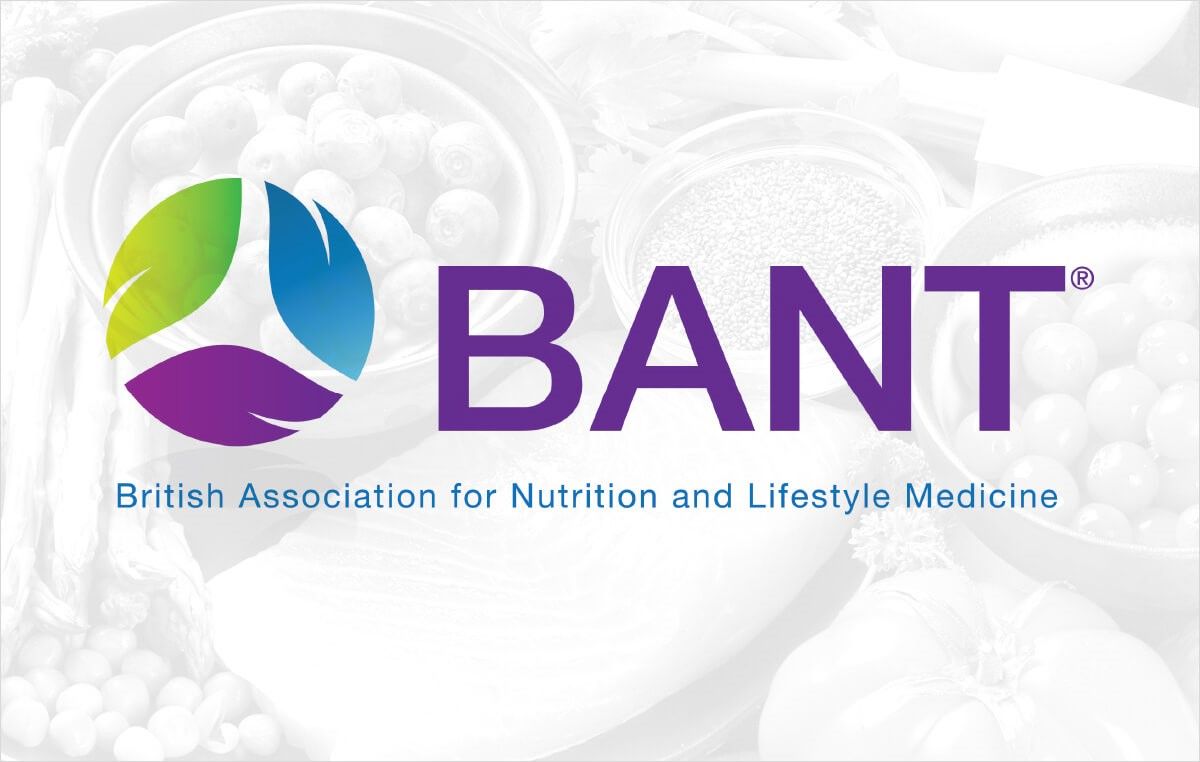
29 Nov 2017 BANT Interested to Note Medical News Today Article on General Adaptation Syndrome and Highlights its Link to Adrenal Fatigue
The British Association for Applied Nutrition and Nutritional Therapy (BANT) was interested to note the publication of a report describing General Adaptation Syndrome (GAS) in Medical News Today, this morning (https://tinyurl.com/ycnbzhh5). GAS is the physical manifestation of chronic and continued stress on the body. For many years, BANT nutrition practitioners have advised their clients on this topic, which is linked to adrenal fatigue.
Previously, doubt has been cast on the existence of the physiological effects of long lasting stressors, despite the phenomenon being first discussed by Hans Selye in 1936. Selye clearly described the body’s responses to stress in terms of both the general adaptation syndrome and the activation of the Hypothalamic-Pituitary-Adrenocortical System (HPA). Modern day stressors which may cause GAS include: psychological, physical, social or the consumption of stimulants. Selye’s initial research was conducted on rats, however, a search this morning for academic studies relating to adrenal fatigue in humans, showed over 1,000 studies for 2017 alone, demonstrating how the health implications of this condition are now being taken seriously by the medical establishment.
GAS occurs in three distinct phases, (1) The Alarm Stage or ‘Fight or Flight’ (2) The Adaption or Resistance Stage and (3) The Exhaustion Stage. The bodily resources, including key hormones, needed to sustain the body during each of these stages, has a cascade effect on other functions on the body and may cause unwanted symptoms including: a depressed immune system resulting in more frequent viral infections, an increased risk to Type 2 Diabetes and mental health issues, amongst others.
BANT nutrition practitioners have been working for many years to support their clients who have shown symptoms relating to adrenal fatigue, advising them on nutrients and lifestyle practices to support their health, based on a thorough assessment of case history and any functional test results. BANT Registered Nutrition Practitioners take into account individuality that enables personalisation of dietary advice based on the most up-to-date research available. BANT Nutrition Practitioners will also suggest their client’s seek other stress relieving activities such as meditation and yoga.
As members of the Complementary and Natural Healthcare Council Accredited Register (AR, CNHC) BANT Registered Nutrition Practitioners and other CNHC registrants, are the key workforce asset to harness 21st century lifestyle medicine to tackle the rising tide of stress related fatigue, obesity, Type 2 Diabetes, dementia and other chronic diseases of ageing. A recent report by the Royal Society for Public Health and the Professional Standards Agency made a key recommendation that AR practitioners have the authority to make direct NHS referrals, in appropriate cases, to ease the administrative burden on GP surgeries.
To find a BANT practitioner, please click here: https://practitioner-search.bant.org.uk/
– Ends –
Click here to download the PDF version of this document.
FOR FURTHER INFORMATION PLEASE CONTACT:
Daniel O’Shaughnessy
Tel: +44 870 606 1284
NOTES TO EDITORS:
The British Association for Applied Nutrition and Nutritional Therapy (BANT) is the professional body for Registered Nutritional Therapists. Its primary function is to assist its members in attaining the highest standards of integrity, knowledge, competence and professional practice, in order to protect the client’s interests; nutritional therapy and the registered nutritional therapist.
Nutritional therapy is the application of nutrition science in the promotion of health, peak performance and individual care. It is a progressive approach to health optimisation. Registered Nutritional Therapists are recognised by the Professional Standards Authority to be as competent as other traditional healthcare providers. It has been recognised that they can make a difference by working together with healthcare providers as part of multidisciplinary teams under NHS commissioning.

